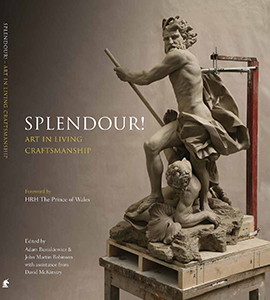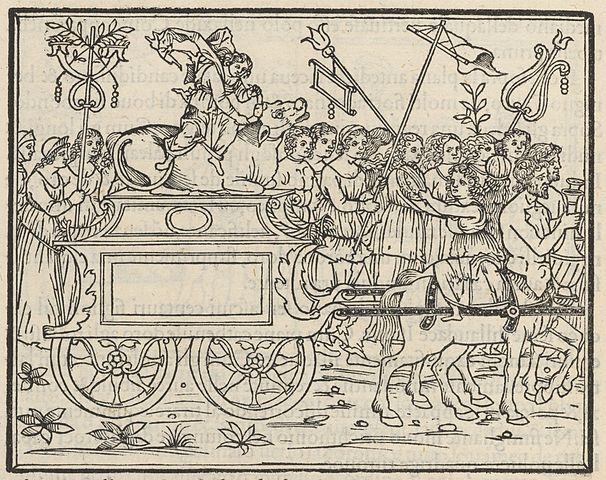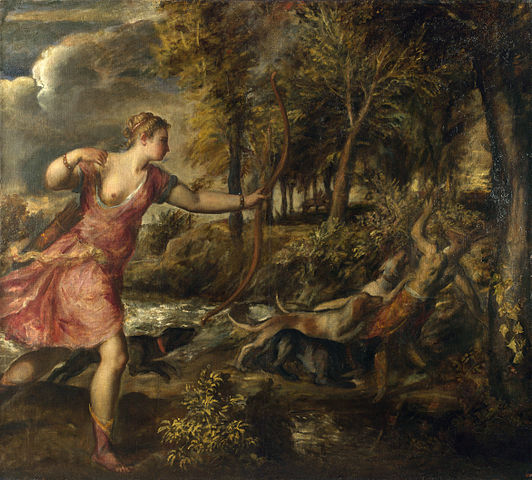Research degrees
Applying for a Research Degree
We are very happy to receive application for postgraduate research degrees, and we are able to supervise a wide range of topics.
Research degrees are assessed on the basis of a dissertation and, in the case of a PhD, a viva voce examination.
Dissertations are of the following maximum lengths:
MA by Research: 40,000 words (1 year full-time study, 2 years part-time)
MPhil: 60,000 words (2-3 years full-time study, 4-6 years part-time)
PhD: 80,000 words (3-4 years full-time study, 5-7 years part-time)
You can find details of how to apply here
There is no deadline for applications for research degrees. However, there are deadlines for funding schemes. You can find details of these on the page about the application process.
If you have any questions about our research degrees or our postgraduate culture and opportunities, please contact our Director of Graduate Studies, Otto Saumarez Smith (Otto dot saumarez-smith at warwick dot ac dot uk).
PGR Research Culture
As a research student, your closest contact will be with your research supervisor, or supervisors, who will meet with you regularly (at least once a month during term time) and agree a programme of research, reading and writing with you.
All research students participate in the Department's research events, which take place not only at the University, but also at our premises in Venice. These events include research seminars, given by visiting scholars, work-in-progress seminars, reading groups, and various workshops and symposia, formal and informal. PGR students run the PGR Research Collective, which allows them to organise their own research programme, and also participate in an an annual Postgraduate Symposium.
A training and development programme supports both your research and the skills you will need in your future career, whatever that may be. Topics include such things as internationalising your research profile, planning your career, organising and chairing research events, public engagement and disseminating your research, and how to publish your research. There are also training sessions run by the Doctoral College and the Faculty of Arts for research skills and methodology.
You will also be given support for professional development; many of our students have curated exhibitions, organised and spoken at conferences, worked on projects with major institutions such as the National Gallery and Tate Liverpool, and participated in workshops such as the Venice Summer School on cultural exchange in the Renaissance (organised with Johns Hopkins University) or the series of international workshops addressing the cultural and political legacy of Queen Victoria’s image (organised with Historic Royal Palaces).
Current PGR Research
We currently have students working on a wide range of topics from Jesuits in early modern China to Indian embroidery, from Renaissance drawing to post-digital aesthetics, and from medieval masonry to post-war shopping centres.
Find out more about our current students' research.




